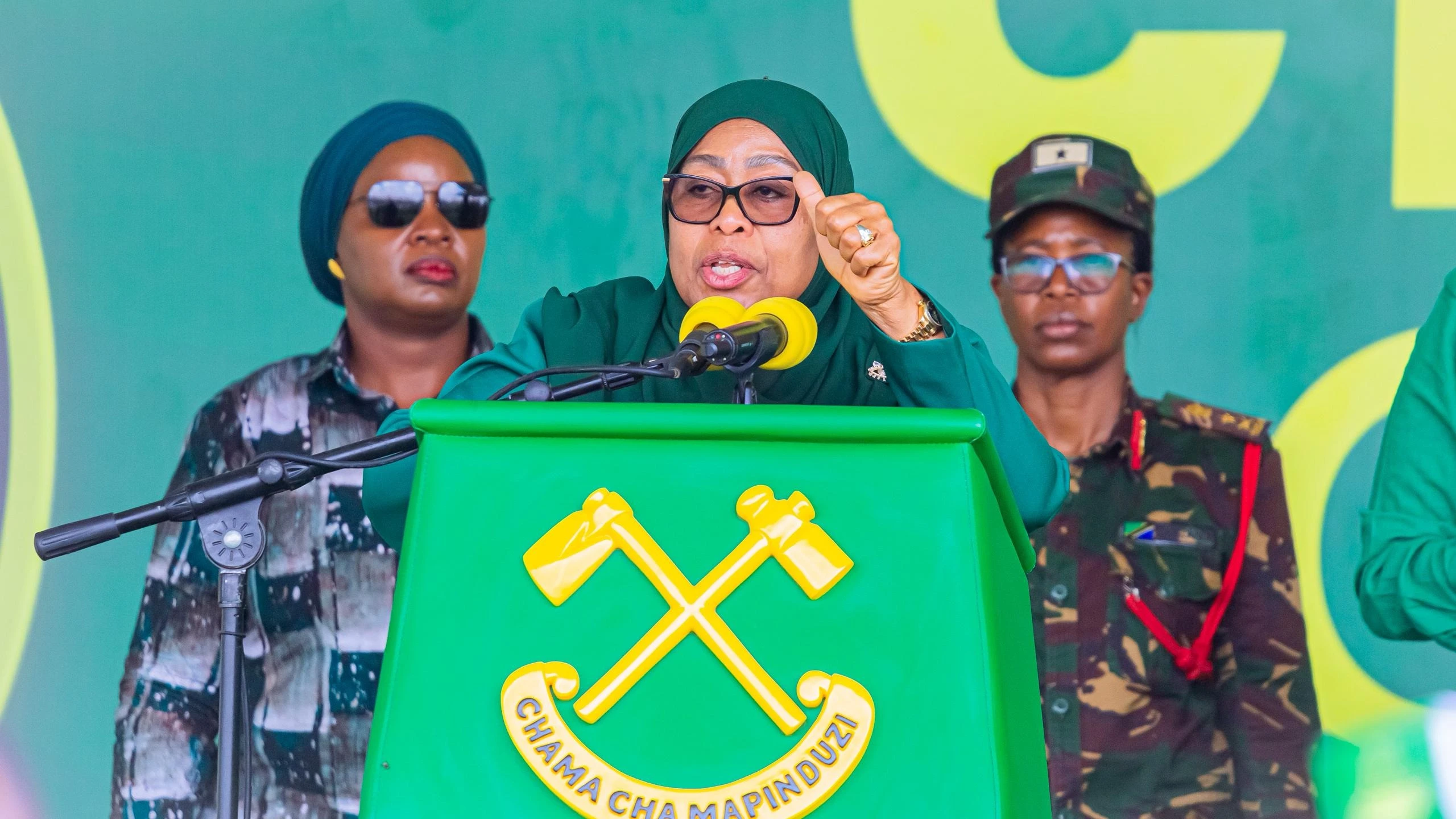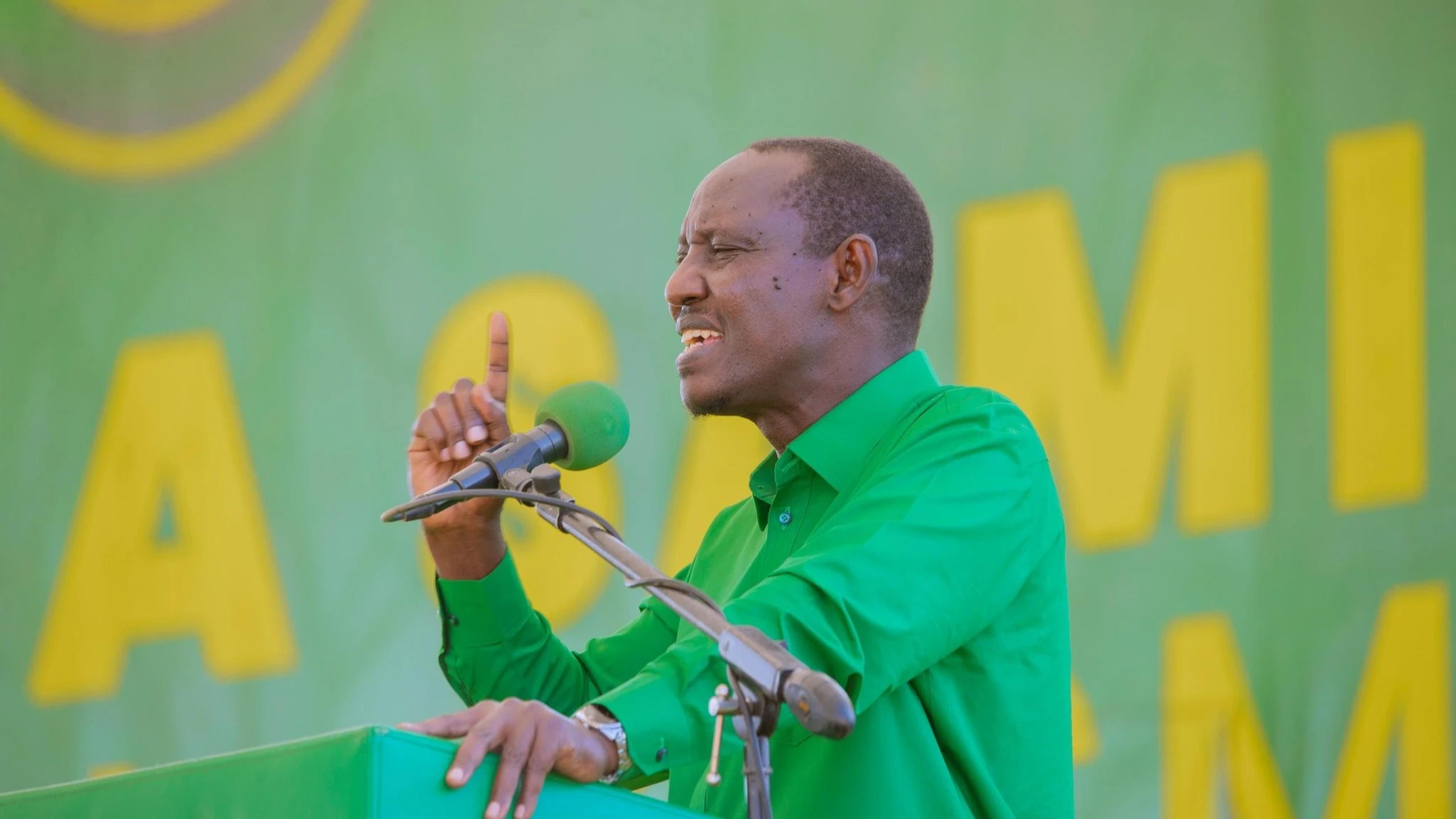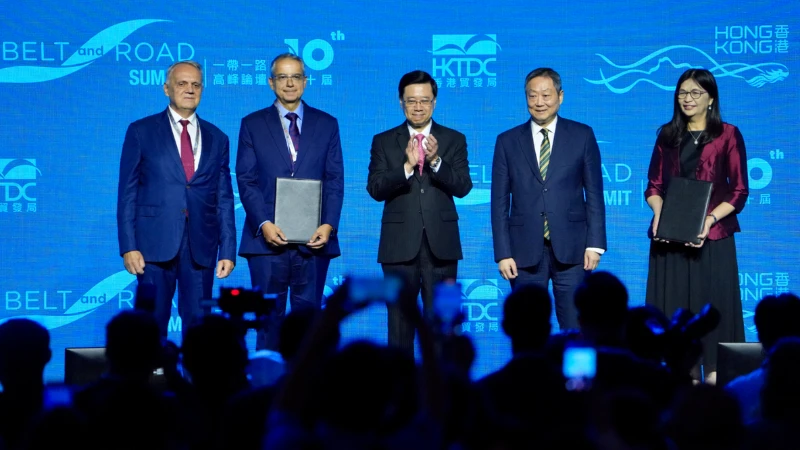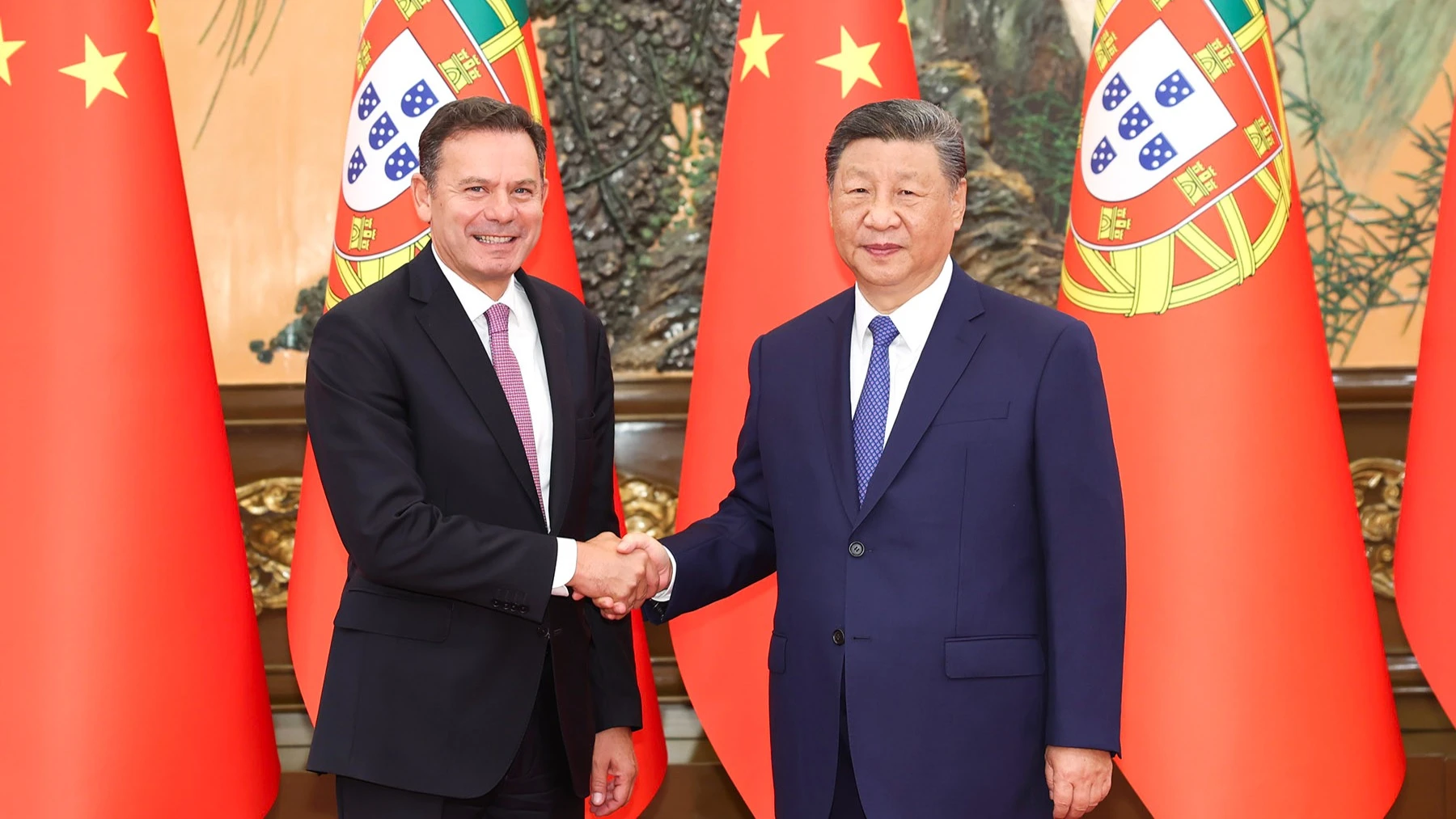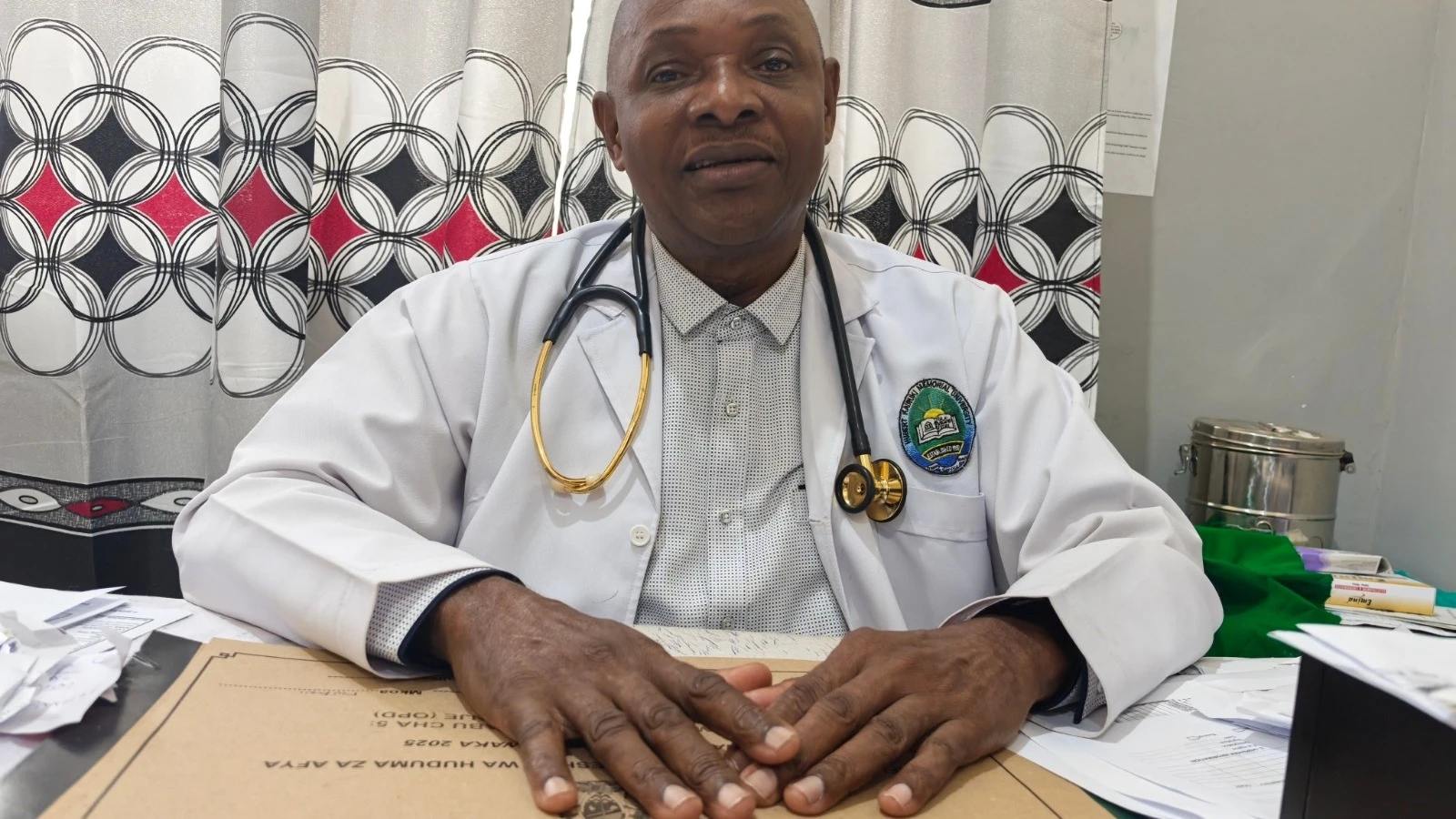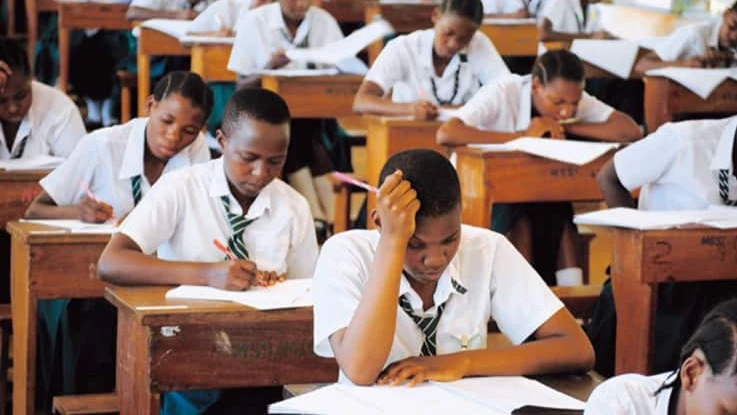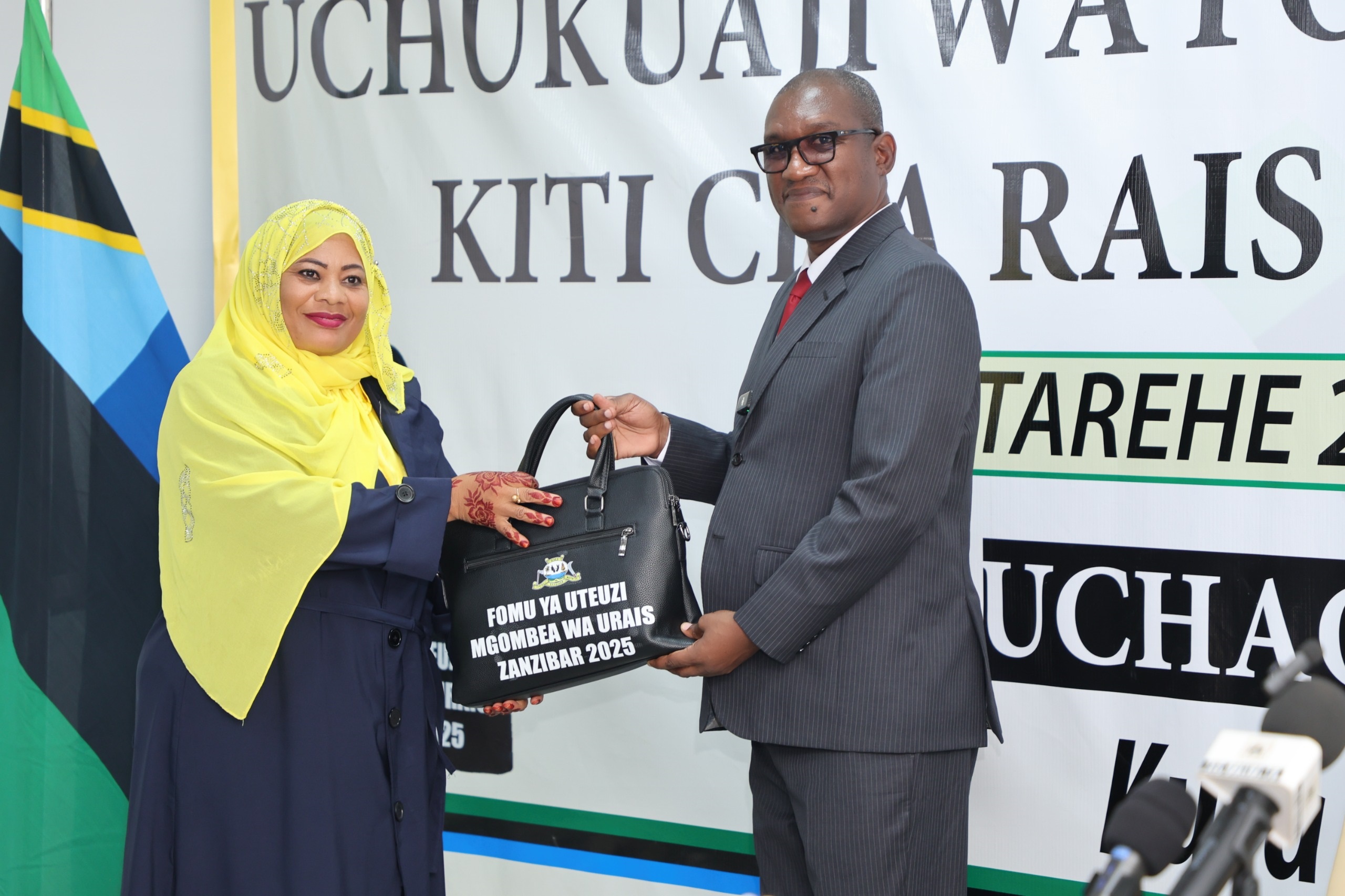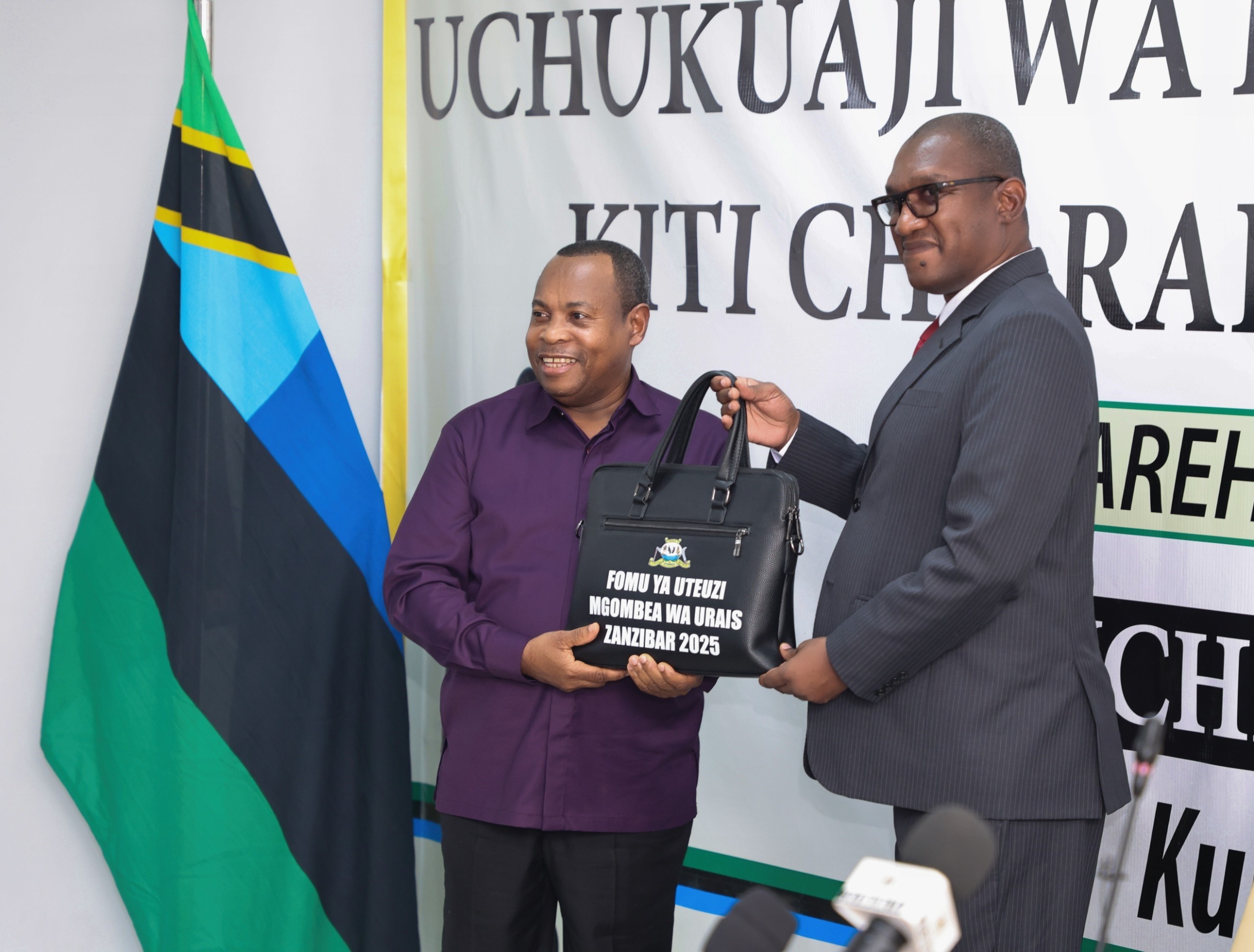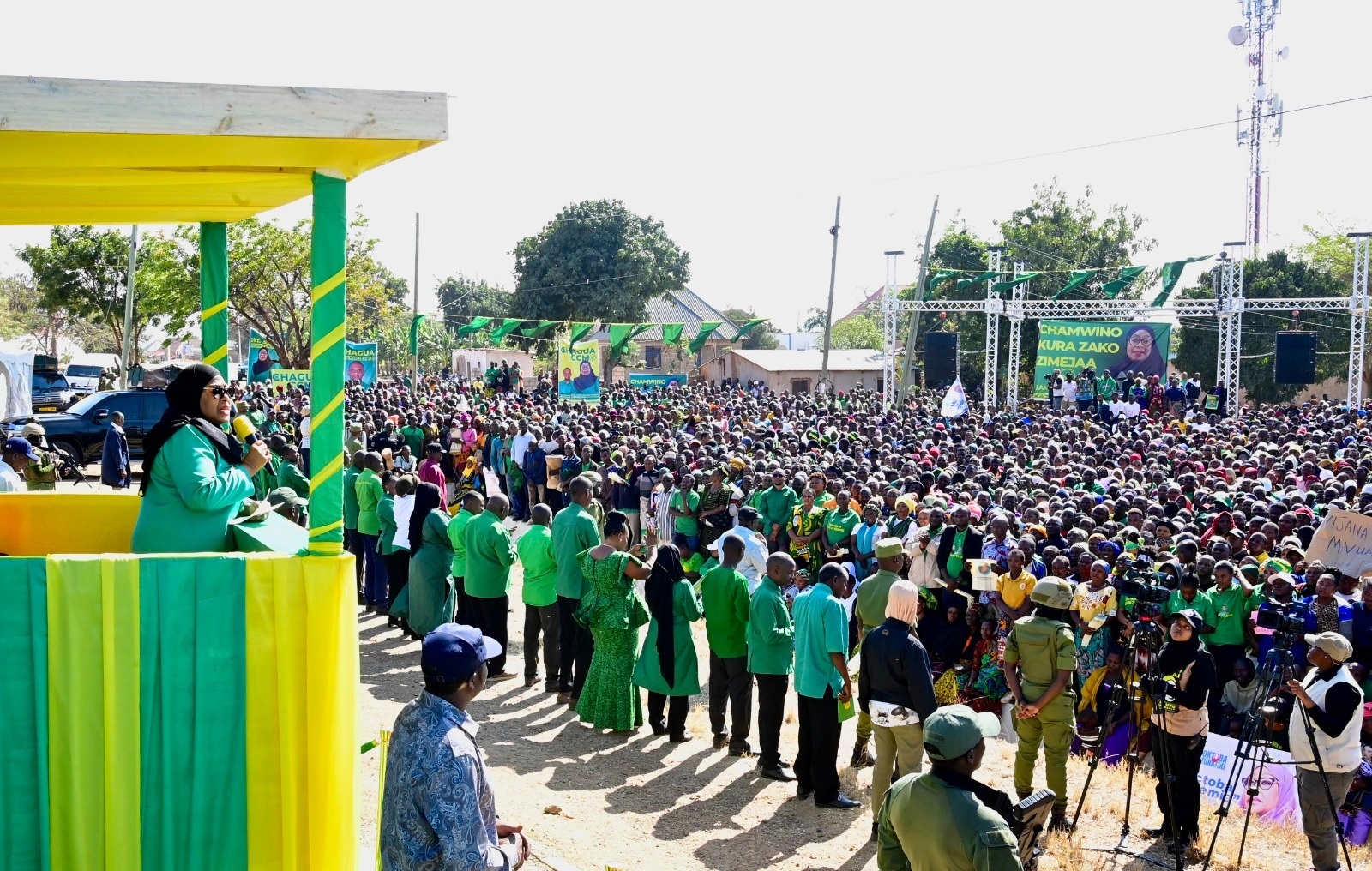‘Africa demands fair share of $1.3trn climate finance’

THE African Group of Negotiators (AGN) has called for clear political commitments ahead of COP30 to ensure that the Baku to Belém Roadmap delivers climate finance that is accessible, predictable and aligned with Africa’s priorities.
The lead negotiator, the Vice President’s Office (VPO) assistant director for Environment, said at a side event on Africa’s expectations from the roadmap at the Africa Climate Summit here yesterday, that the process must shift from pledges to delivery.
COP30 has to affirm historical obligations under the United Nations Framework Convention on Climate Change (NFCCC) and the Paris Agreement, where developed countries need to provide adequate and concessional finance to developing nations, he stated.
Less than 10 percent of global climate finance reaches the continent and only two percent is directly available to local actors, he affirmed, urging simplified accreditation systems and direct access windows for subnational, indigenous and women-led institutions.
He similarly demanded that public finance, in the form of grants and concessional loans, remain the backbone of climate finance rather than reliance on blended finance, which often leaves African countries burdened with debt.
Africa’s fair share should amount to $497bn annually out of the proposed $1.3trn New Collective Quantified Goal (NCQG) for climate financing, he further stated, elaborating that African countries require technical and financial support to strengthen institutions, prepare project pipelines and improve transparency.
He proposed the establishment of voluntary climate investment platforms aligned with national climate strategies, while also linking them with international funds to fast-track access.
The Baku to Belém roadmap must not become 'just another process' but a turning point in the history of climate finance and promises made must become promises kept, he said, urging the COP30 presidency to convene a high-level pre-COP finance dialogue with African leaders to endorse roadmap outputs.
Affirmative political leadership by the African Union Commission, Environment ministers and Heads of State to take up Africa’s demands at global platforms including the UN General Assembly and the G20 is vital, he declared.
Ana Toni, the COP30 president, stressed the need to mobilize both public and private resources at speed and scale, noting that key stakeholders are “absolutely prepared to go from donors to contributors.”
Developed countries’ public finance remains vital but must be complemented by flows from the private sector, multilateral development banks and other sources, she stated, reminding delegates that the $1.3trn roadmap must not be confused with the $300bn finance commitment agreed earlier in Bonn, which requires its own monitoring process under the UNFCCC.
COP29 and COP30 presidencies will consult widely and present a report based on parties’ submissions, building on initiatives such as the Nairobi Declaration and the Bridgetown Initiative, she said.
COP29 president Mukhtar Babayev said the $300bn decision was never intended to solve the climate crisis, but rather to complement the larger $1.3trn target, underlining that if fully delivered, the finance goal would unlock green investment, accelerate clean energy access and protect vulnerable communities from climate shocks.
“If we can deliver on this goal, it will be a historic contribution to the aims of the Paris Agreement,” he said, noting that inclusivity and transparency are central to the roadmap, being non-negotiated but entrusted to the presidencies of COP29 and COP30.
He acknowledged African countries’ leaderships and civil society for their high level of engagement, as inputs from stakeholders such as the African Development Bank will be critical in shaping outcomes.
“This roadmap will only be successful if it reflects the needs, realities and aspirations of developing nations,” he stressed, while Jochen Flasbarth, state secretary for Environment, Climate Action and Nature Conservation for Germany, said that the Paris Agreement’s principle of mutual responsibility should guide financial flows to ensure capital works for Africa rather than leaving the continent.
Executive Director of the African feminist network (FEMNET), Memory Kachambwa warned that women remain systematically excluded from the climate finance system. Globally, less than 1 percent of official development assistance goes to gender equality while for climate finance, less than 3 percent has gender equality as its main goal, she stated.
“This means women and young people on the frontlines of the climate crisis are sidelined,” she added
Top Headlines
© 2025 IPPMEDIA.COM. ALL RIGHTS RESERVED








